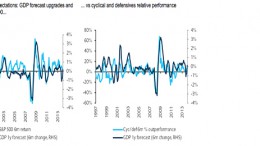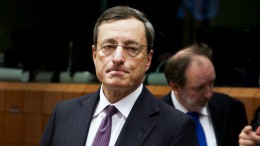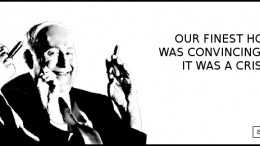Deflationary risk: Which countries are most likely to be impacted?
MADRID | The Corner | In a report by Atradius Credit Insurance, they say that the disinflationary trend is visible across the Eurozone, but not all countries are expected to face the same issues. Countries that have a large output gap and those that still have to implement the most reforms will face the highest disinflationary pressure. To create a list of the countries most likely to be impacted, we first select the Eurozone markets that have a budget deficit larger than 3.0%, as these are subject to the Excessive Deficit Procedure which forces them to implement fiscal and structural reform.





